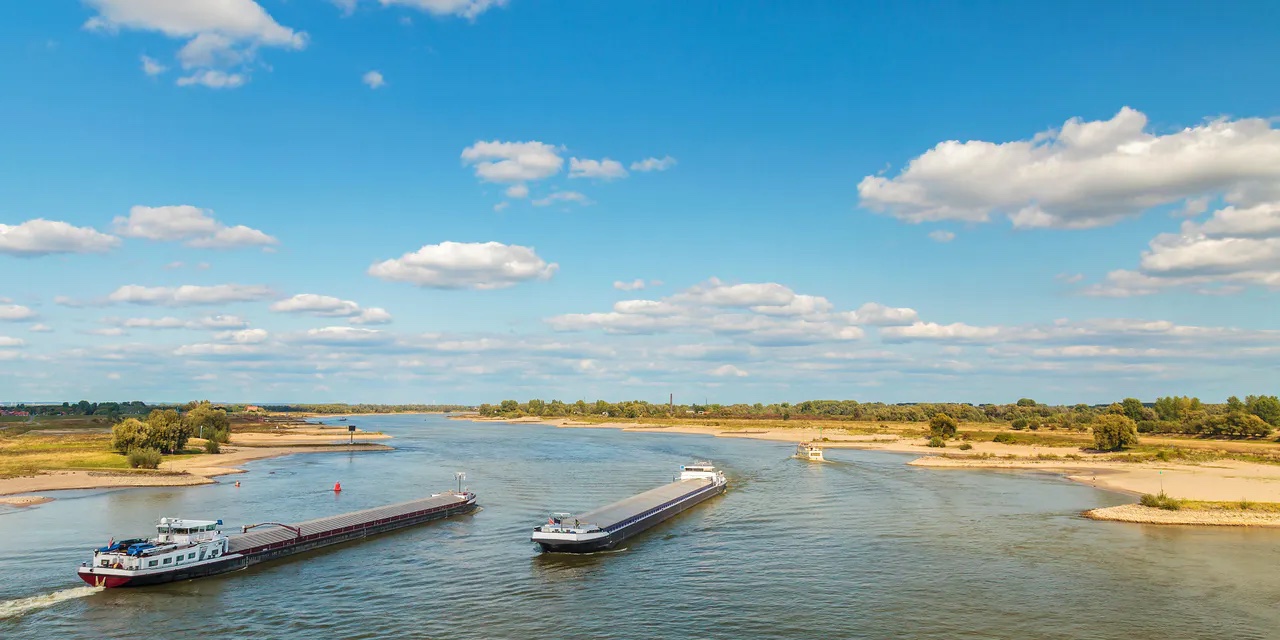Robust Decision-Making for Inland Waterway Transport Businesses: in the Context of the Future Navigability of the Rhine
Ronny Lassooij
The 6300 km Dutch inland waterway network has enabled the establishment of an Inland Waterway Transport sector, which in 2019, transported more than half of the incoming and outgoing international containers between the Port of Rotterdam and the rest of Europe, thereby, on its own, contributing €2.6 billion to the Dutch economy. Climate change has put a strain on the Rhine’s discharge and depth to an extent that governments are having difficulties guaranteeing navigability. Inland Waterway Transport businesses can therefore not rely on the future stability of nautical conditions on the Rhine. Accounting for robustness can help identify business strategies that perform well across many different future scenarios of Rhine navigability. This research investigates the (dis)advantages of using Robust Decision-Making in the development of Inland Waterway Transport businesses’ strategies that attempt to secure their future competitiveness against other container transport companies using IWT or other modes of transport.

